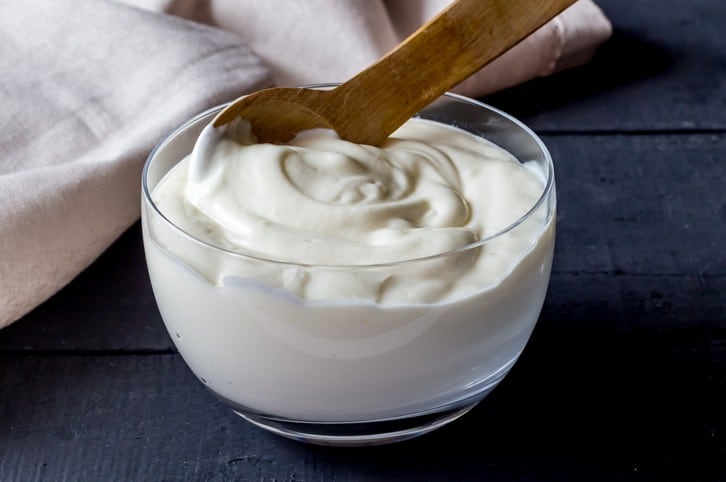Fermented foods that contain the presence of microorganisms believed to confer health benefits, e.g. probiotics to boost immunity, have been increasing in popularity amongst consumers in recent years, including in many South East Asian countries such as Indonesia.
The majority of these fermented foods come in processed form, such as packaged yoghurts and bottled kombucha, and in order to ensure that these foods remain safe for public consumption, the Indonesian National Agency of Drug and Food Control (BPOM) recently issued a new set of standards that all manufacturers of foods containing live microorganisms are mandated to adhere to.
“BPOM has made an executive decision on product safety and quality standards governing the types of microorganisms that are permitted to be present in processed foods and beverages in Indonesia’s food supply [in order to ensure] public health and safety,” BPOM Head Penny Lukito stated via a formal edict.
“These food product standards will apply to all general processed food and beverage products with the exception of foods for special medical and nutritional needs, which will be governed under a different set of quality and safety parameters.
“There are 16 types of microorganisms that are permitted under these standards for use in general foods: Bacillus coagulans, Bifidobacterium animalis, Bifidobacterium breve, Bifidobacterium lactis, Bifidobacterium longum, Lactobacillus acidophilus, Lactobacillus casei, Lactobacillus fermentum, Lactobacillus lactis, Lactobacillus paracasei, Lactobacillus plantarum, Lactobacillus reuteri, Lactobacillus rhamnosis, Leuconostoc citreum, Lactobacillus delbrueckii (subsp. Bulgaricus) and Streptococcus salivarius (subsp. Thermophilus).
“These microorganisms may be used individually or in combination within processed food products in the Indonesian food supply, as long as they are found within this list.”
BPOM also mandated that processed food and beverage items covered by these standards must show a total number of microorganisms of at least 1x106 CFU/g or 1x106 CFU/ml of the processed product by the end of the shelf life, which will be confirmed by laboratory analysis and testing.
“All processed food and beverage items that have already obtained distribution permits prior to the enactment of this decree must comply with these standards and provisions no later than 30 months after this is enforced [bringing the timeline for transition up until Q3 2025],” Lukito added.
“Similarly, products that are in the process of applying for distribution permit shall still be processed in accordance with current regulations [but] must comply with this decree by no later than 30 months.”
The transition period for all affected general processed food and beverage manufacturers handling microorganisms as a probiotic ingredient is estimated to end by September 2025.
Yoghurt popularity
One of BPOM’s obvious target products to govern under these standards is yoghurt, an understandable decision given that the popularity of yoghurt in Indonesia surged during the COVID-19 pandemic due to a rise in demand for healthier food options that could potentially boost immunity.
Yoghurt’s categorisation as a fermented food product has also brought it in correlation with kimchi, helping it to ride on the burgeoning Hallyu Korean wave in the country as well as the documented health benefits of kimchi as a fermented food, further boosting its popularity further.
This has been evidenced by the recent sprouting of several yoghurt product stores based on a make-on-the-spot, bubble tea-like concept such as Yomie’s, Miyou and Naomilk, which have also found significant popularity on various social media platforms.





